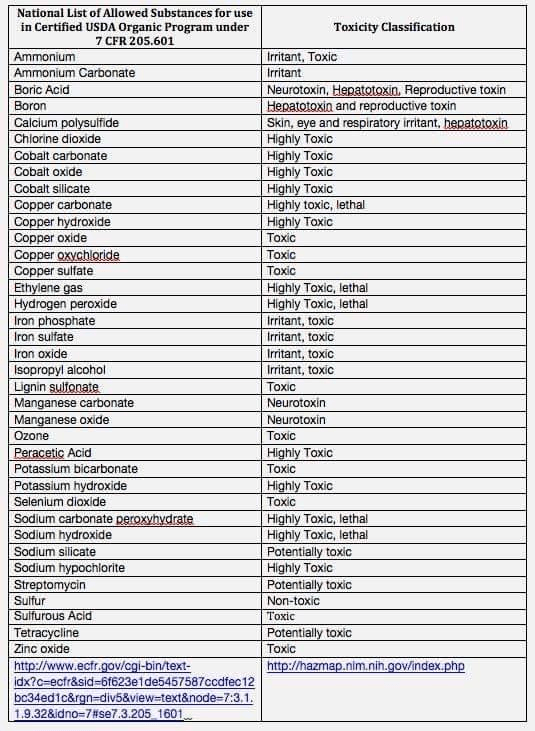Now really, let's clear things up a little bit here.
Contrary to what many people believe, organic products including crops or livestock are not entirely free of chemicals. Organic food are often deemed as "natural" and therefore marketed as the healthier and safer choice compared to conventional farm products.But is it true, or just another misconception?

Image from pixabay
First, let's see the definition of what an organic food is:
Organic food is food produced by methods that comply with the standards of organic farming. Standards vary worldwide, but organic farming in general features practices that strive to cycle resources, promote ecological balance, and conserve biodiversity. Organizations regulating organic products may restrict the use of certain pesticides and fertilizers in farming. In general, organic foods are also usually not processed using irradiation, industrial solvents or synthetic food additives. - wikipedia
Depending on where you are, organic food producers are mostly regulated by government which requires them to obtain certifications by complying to organic standards set by regional organizations, national governments and international organizations.
In the US, the US Department of Agriculture regulates organic labeling and see that farmers follow strict production requirements if they want to be certified. And because of these strict certification requirements, people think that organic products are pesticide or chemical free. And more and more people are buying it despite its higher-than-usual price tag.
I hate to break it to you but they're not.
In fact, USDA has a National List of allowed and prohibited substances in organic farming. The list includes synthetic substances such as copper sulfate, elemental sulfur, boric acid and various forms of alcohol as allowed substances for use in organic crop production. It also lists non-organically produced chemicals such as food colors as ingredients for processed products labeled as organic.
Here is a chart from ascienceenthusiast listing substance allowed by the National list and their toxicity.

Meanwhile, synthetic substances like Aspirin, Atropine, Flunixin and Fenbendazole are allowed for use in organic livestock production.
Why are most people not aware of it?
Perhaps organic farmers are not doing anything to disclose this vital information. Or consumers do not really look beyond that organic label when buying.
Whatever the case, we have the right to know.
